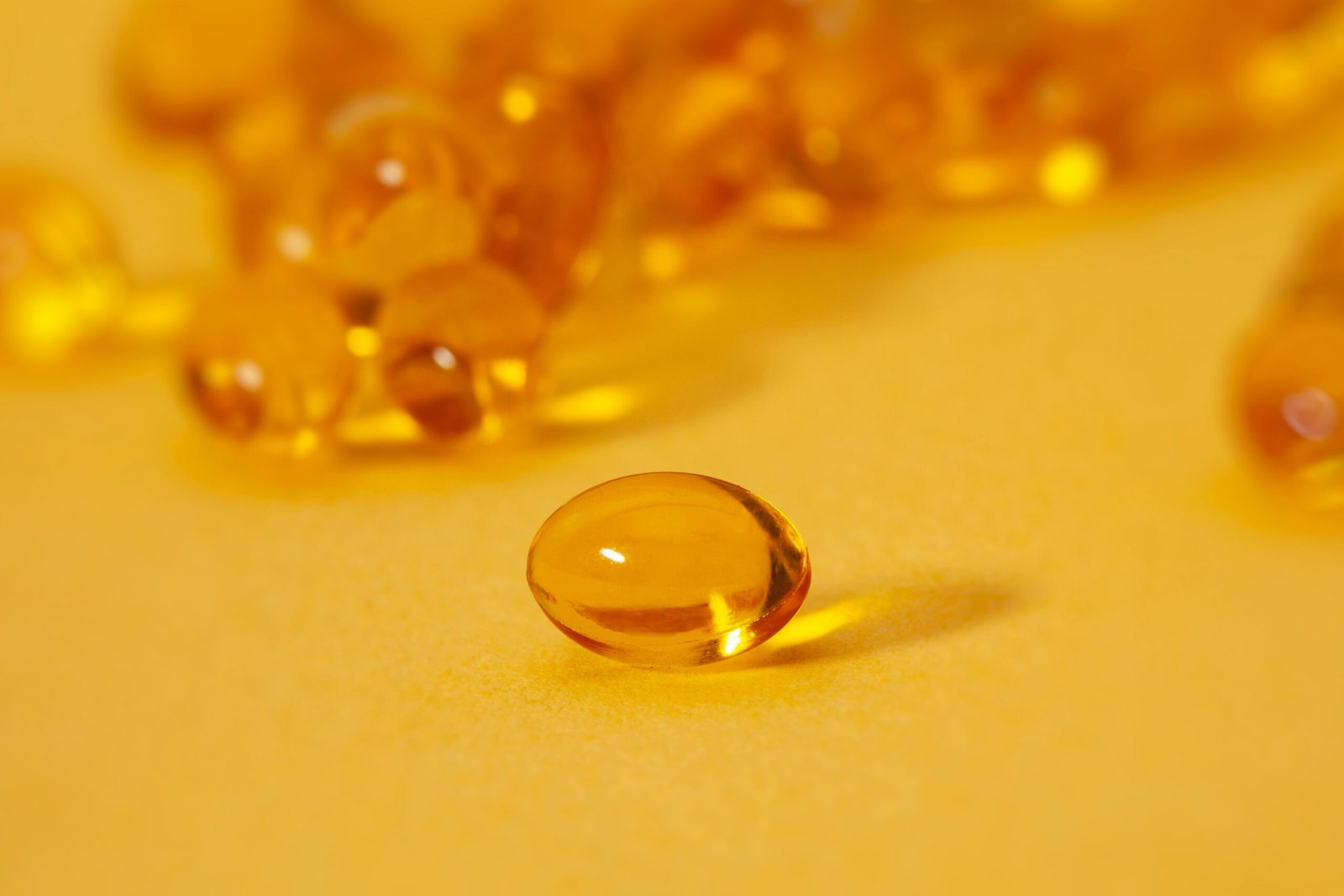Selenium: A Guide to Uses and Scientific Evidence
What is Selenium?
Selenium is a trace mineral that is essential for human health. It is found naturally in soil, water, and some foods. Selenium is a crucial component of several selenoproteins, which play various roles in the body’s antioxidant defense system, thyroid function, and immune response.
Uses of Selenium
Selenium is commonly used as a dietary supplement for various purposes, including:
- Antioxidant support
- Supporting thyroid function
- Boosting immune health
- Reducing inflammation
- Protecting against certain chronic diseases
Scientific Support for its Uses
Research suggests that Selenium plays a crucial role in the body’s antioxidant defense system by supporting the activity of selenoproteins such as glutathione peroxidases and thioredoxin reductases. These enzymes help neutralize free radicals and reduce oxidative stress, which can damage cells and contribute to various health conditions[1].
Furthermore, Selenium is essential for thyroid function, as it is a key component of the enzyme iodothyronine deiodinases, which convert thyroxine (T4) to its active form, triiodothyronine (T3). Adequate Selenium levels are necessary for proper thyroid hormone synthesis and metabolism[2].
In addition to its antioxidant and thyroid-supporting properties, Selenium also plays a crucial role in immune health. Selenium deficiency has been associated with impaired immune function and increased susceptibility to infections. Selenium supplementation may help enhance immune response and reduce the risk of certain infections[3].
Moreover, Selenium has been studied for its potential anti-inflammatory effects and its role in protecting against chronic diseases such as cardiovascular disease, cancer, and autoimmune disorders. Selenium’s antioxidant and immune-modulating properties may contribute to its protective effects against these conditions[4][5].
Health Concerns
While Selenium is essential for human health, excessive intake can lead to toxicity. Selenium toxicity, known as selenosis, can cause symptoms such as gastrointestinal upset, hair loss, nail brittleness, and neurological abnormalities. Long-term excessive Selenium intake can also increase the risk of developing diabetes and cardiovascular disease[6].
It is essential to consume Selenium within the recommended dietary intake levels to avoid deficiency or toxicity. The recommended dietary allowance (RDA) for Selenium varies depending on age, sex, and life stage, but typically ranges from 55 to 70 micrograms per day for adults[7].
Recommended Standardization or Dosage
Selenium supplements are available in various forms, including selenomethionine, selenium-enriched yeast, and sodium selenite. The recommended dosage of Selenium supplementation depends on individual factors such as age, sex, dietary intake, and health status.
For general health maintenance, the typical dosage of Selenium supplements ranges from 50 to 200 micrograms per day. Higher dosages may be recommended for specific health conditions or under the guidance of a healthcare professional. It is essential to follow the recommended dosage instructions provided by the supplement manufacturer or healthcare provider.
References
- Rayman MP. The importance of selenium to human health. *Lancet*. 2000;356(9225):233-241. doi:10.1016/s0140-6736(00)02490-9
- Arthur JR, Nicol F, Beckett GJ. Selenium deficiency, thyroid hormone metabolism, and thyroid hormone deiodinases. *Am J Clin Nutr*. 1993;57(2 Suppl):236S-239S. doi:10.1093/ajcn/57.2.236s
- Broome CS, McArdle F, Kyle JA, et al. An increase in selenium intake improves immune function and poliovirus handling in adults with marginal selenium status. *Am J Clin Nutr*. 2004;80(1):154-162. doi:10.1093/ajcn/80.1.154
- Rayman MP. Selenium and human health. *Lancet*. 2012;379(9822):1256-1268. doi:10.1016/s0140-6736(11)61452-9
- Bleys J, Navas-Acien A, Guallar E. Serum selenium levels and all-cause, cancer, and cardiovascular mortality among US adults. *Arch Intern Med*. 2008;168(4):404-410. doi:10.1001/archinternmed.2007.74
- Vinceti M, Filippini T, Del Giovane C, Dennert G, Zwahlen M, Brinkman M, Zeegers MP, Horneber M, D’Amico R, Crespi CM. Selenium for preventing cancer. *Cochrane Database of Systematic Reviews*. 2018;1(1):CD005195. doi:10.1002/14651858.CD005195.pub4
- Institute of Medicine (US) Panel on Dietary Antioxidants and Related Compounds. Dietary Reference Intakes for Vitamin C, Vitamin E, Selenium, and Carotenoids. National Academies Press (US); 2000. PMID: 25057538.
Conclusion
Selenium is an essential trace mineral that plays a crucial role in antioxidant defense, thyroid function, immune health, and disease prevention. While Selenium supplementation may offer various health benefits, it is important to consume it within the recommended dietary intake levels to avoid deficiency or toxicity. Individuals should consult with a healthcare professional before starting Selenium supplementation, especially if they have underlying health conditions or are taking medications.

